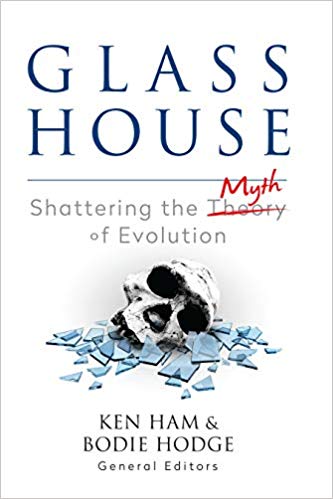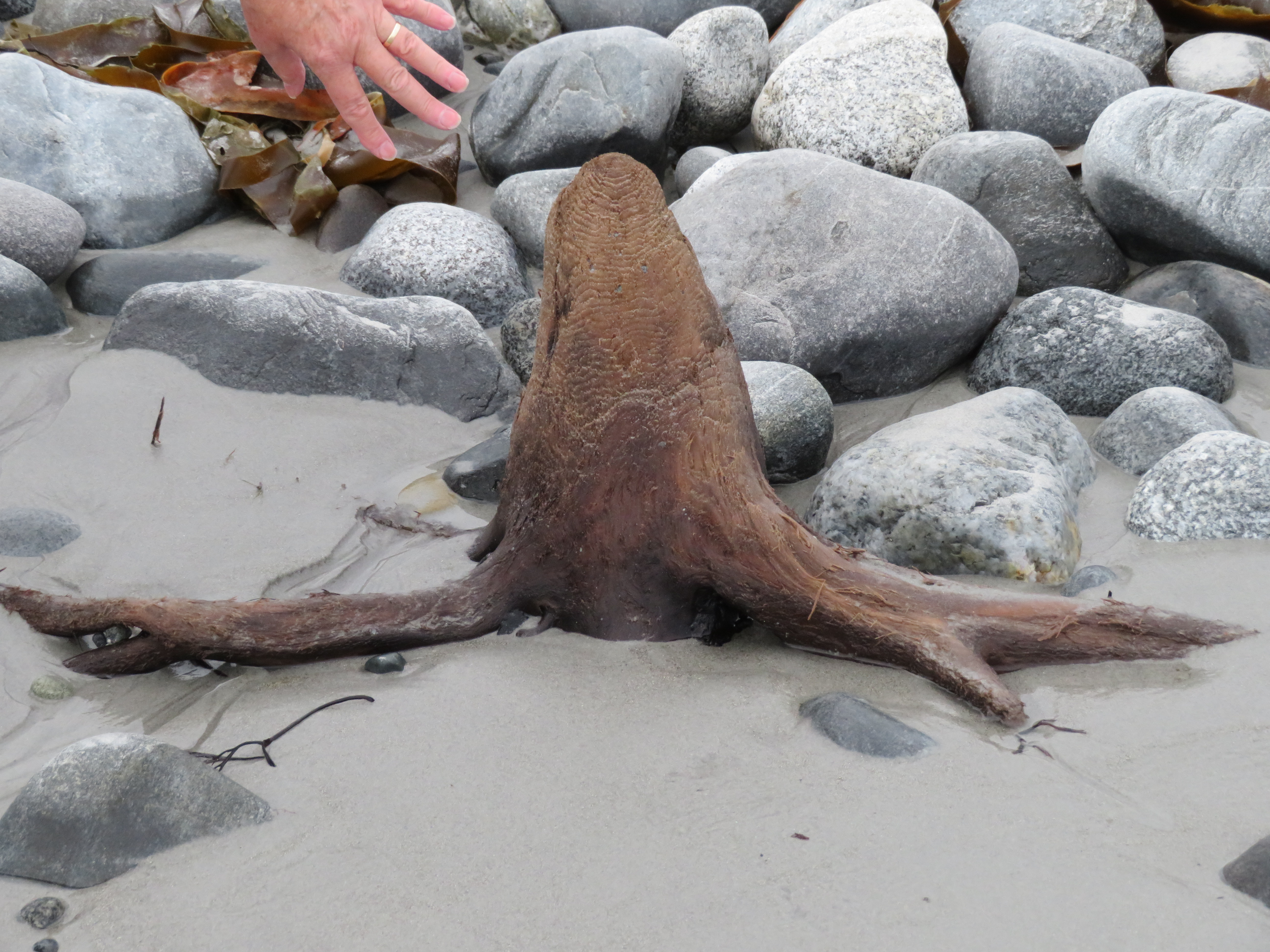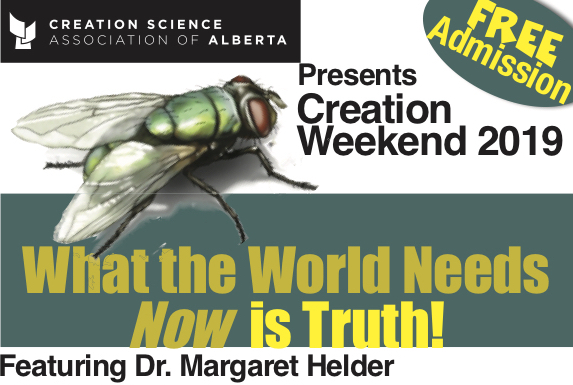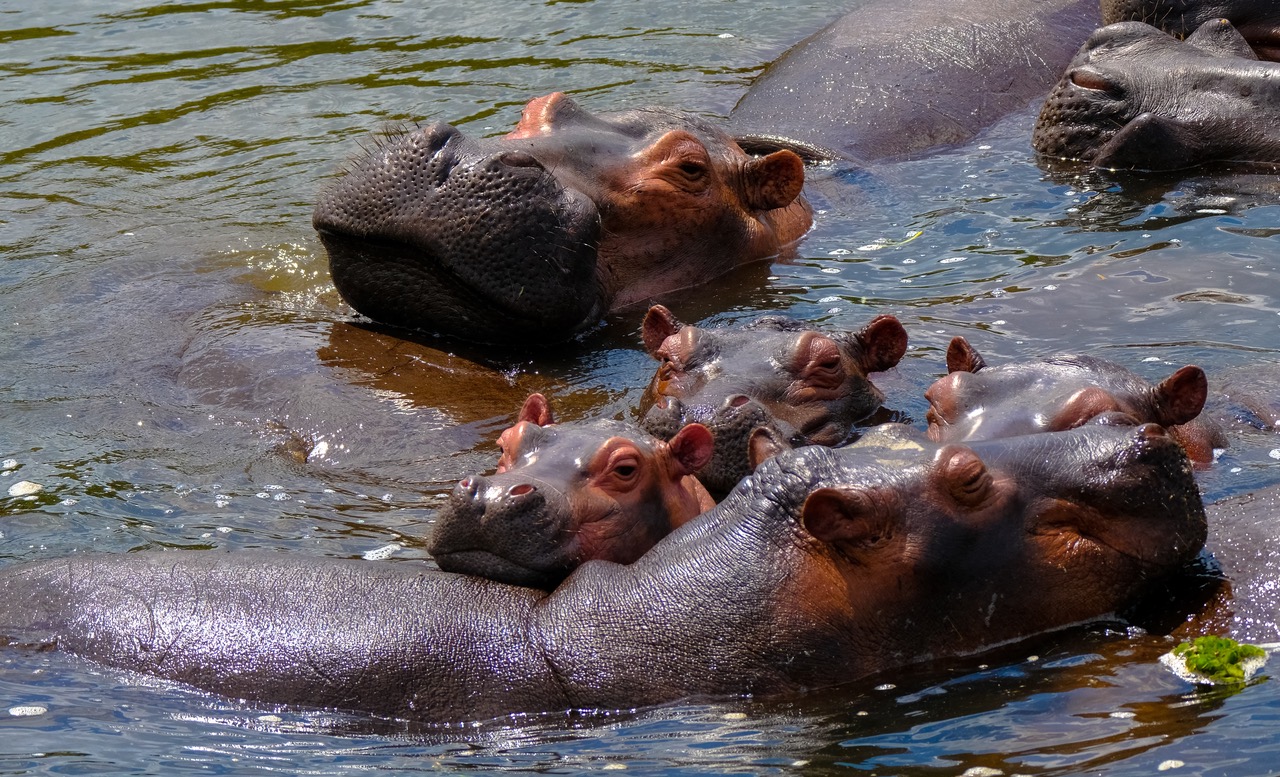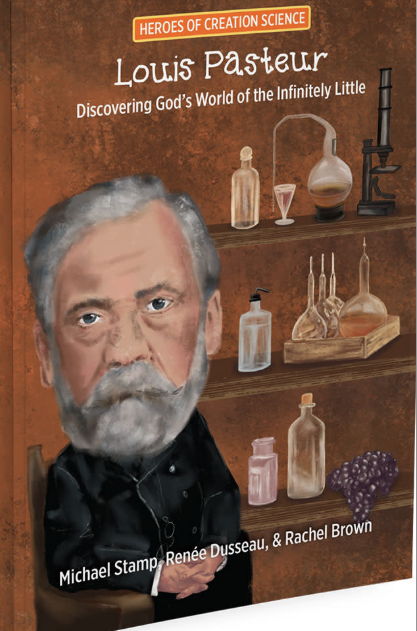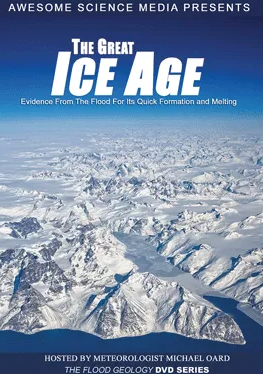Archive
One of the pleasures of staffing a book table are the conversations that happen with people looking at the resources. On many occasions, individuals have requested an introduction to creation. Before responding, I have often inquired what the person’s interests are. If the person is interested in physics and mathematics, or in apologetics, there might be little point in showing them a work on fossils, for example. In the 1970s and 1980s, there were general introductory books like Scientific Creationism and What is Creation Science? But that was then, and this is now. There are many areas of science that were not even contemplated then, but which we have to deal with today. The good news now is that some general introductory works have appeared which can be very helpful to many people seeking insights into the issues. Read the rest of this entry »
While we may be aware of wonderful living creatures, we seldom reflect on the blessings of the material world. But the apostle Paul, way back in New Testament times in Lystra, assured his pagan audience that God provides favourable natural conditions to draw attention to himself. While God uses material blessings to draw attention to himself, some people wonder whether evolution can be included under the umbrella of God’s providential design. Since evolution is by definition a process that involves only matter and energy, then the evolutionary process can never involve foresight or design which are non-material. When we look at life however, we see features which demonstrate intelligent purpose and planning, thereby pointing to the work of God. Read the rest of this entry »
Book Review – Inspiration from Creation: How engineers are copying God’s designs
Some years ago, I remember meeting a lady who was very excited at the realization that God is an artist! Similarly, I am very excited about a new book that portrays God as an amazing engineer. The lead author is engineer of exceptional experience and honours, yet he admits that mankind’s skills in engineering practical devices are woefully lacking compared to what we see in nature. Read the rest of this entry »
Order OnlineOne of the most delightful aspects of travel is the prospect of new adventures. And so it was, on a blustery and chilly day in late September, that we found ourselves driving along the southeast coast of Nova Scotia. We were heading to Hawk Beach on Cape Sable Island, the most southerly tip of Nova Scotia. Such beaches are never easy to find, and we had to ask twice before we found it. After driving down very obscure roads, we found the beach after we had scrambled up quite a high embankment. Read the rest of this entry »
Pangolins are some of the strangest animals you will likely ever see. They are covered with scales like reptiles and look like a cross between anteaters and armadillos (Kierst, 2013). Because they are like no other animal, they were put in their own taxonomic order called Pholidota, Greek for “horny scale” (Benton, 2005, p. 348). Their tough, overlapping, reptile-protective keratin scales cause it to look like a giant pinecone with a long, thin reptilian tail. Its profile looks very much like a miniature dinosaur and nothing like the mammal it is. It is a mammal because they give birth to live young that suckle mammary glands as infants (Johnson, 2001, p. 31).
Friday and Saturday – October 25 and 26, 2019
Featuring Dr. Margaret Helder
- Original research in algae, aquatic fungi and freshwater ecology
- Taught biology to university and high school levels, and home school science workshops for all grades
- Science writer for Dialogue and Reformed Perspective and other Christian publications
- Expert witness at a trial on creation/evolution in the United States Read the rest of this entry »
Insects! Some people give them a wide berth on principle. Nasty, creepy, crawly flying things! Even the magnificent giant moths elicit only screams from some people. But the insects under discussion are guaranteed to cause no such sensation. Initial disbelief, amazement, titillation and delight are the sensations to be expected from an encounter with these exotic ‘bugs’. Read the rest of this entry »
A friend, a while ago, articulated some possible critical arguments concerning advocacy for young earth creation which are based on observations from nature. Here are some reflections on that conversation. Read the rest of this entry »
Hippopotamus, called hippos, are monstrous, mostly herbivorous, semiaquatic mammals native to most of Africa. Only in the Sahara Desert are they not found. Their origins have always been a problem for evolution because they are like no other living animal. Only two extant species exist, the Nile hippo (Hippopotamus amphibius), and the pygmy hippopotamus (Choeropisi liberiensis). During the daytime they are aquatic, floating in the water world, and at the nighttime they are land animals consuming mostly grasses, soft plants, and some succulent fruit. (Macdonald,1987, p. 507) They were named from the Greek words for river horse. Read the rest of this entry »
I remember that when I was a child, we tried to grow date palms from the pits or seeds in the fruit. None ever germinated. But that was then and time has passed. When we had fresh dates (with seeds inside) at Christmas a few years ago, I decided to try again. Accordingly, I took a deep margarine tub, punctured several holes in the bottom to drain out water, and filled it with good potting soil. Then each day, as the dates were consumed, I tucked their seeds into the soil. Maybe twenty or more seeds went into the pot. And nothing happened. But I kept watering. Then after eight weeks or more, a pure white shoot about 2 mm in diameter finally appeared. It looked like a growing shoot from a corn seed, only thicker. Next day another shoot appeared. It took several days for these to turn green. Eventually we had five young seedings, each of which developed a bright green leaf. More leaves followed, one at a time. These plants are monocots, like corn and grasses and bamboo. That is why they send up only a single leaf at first. Read the rest of this entry »
Everyone likes to communicate, to share what we have learned. And there is so much to learn!! While we all enjoy sharing our latest news with friends, sometimes this news involves events or objects observed in nature. Did you hear about the bear that so and so saw in their back yard?! Naturally you want to be the first to report this interesting piece of information. But as we get a little older, sometimes it is fun to make a study of an issue and be the first to report our findings to our friends. Nature is so full of interesting features and processes and events. Have you ever asked yourself, what is happening here and why is it happening? Read the rest of this entry »
Genetic information is so detailed that questions often arise as to where it came from. Genes may either be homologues to genes in other species (similar in composition to genes in other organisms and assumed to have originated from a common source), or they may be entirely different. These different genes are called orphan genes. Orphan genes (often spelled ORFan genes) are species specific genes that are significantly different from all other known genes, and are thus genetically isolated from the enormous set of genetic possibilities. Read the rest of this entry »
During his second lecture at Creation Weekend 2018, Dr. Gordon Wilson stimulated our appreciation of the creation with his presentation entitled “The Magnificence of the Mundane” The words in the title, he pointed out, are actually contradictory. While the word “magnificence” communicates excitement, the term “mundane” suggests that something is boring or dull. But what he wanted to share with us is that God’s work in creation is amazing, displaying God’s wisdom and finesse (Ps. 104:24). And in this context, we are told that King Solomon, full of wisdom, spoke about trees, herbaceous plants, beasts, birds, reptiles and fish (I Kings 4:33). Read the rest of this entry »
Some people actually like numbers and mathematics, and some people don’t. Everybody knows that! Some people however sound positively lyrical on the subject of numbers. Dr. David Berlinsky, for example, in his book infinite ascent: a short history of mathematics (2005) describes the inexhaustible variety of natural numbers and their personalities. (Modern Library Paperback edition p. 5). He lists various demanding disciplines that mathematicians have developed. Beyond the practical and theoretical challenges that mathematics provides however are the insights into nature. As Dr. Kurt Wise pointed out in Faith, Form and Time (2002) “The universe seems to operate with mathematical precision, and natural laws have a mathematical form.” (p. 91) Astronomer Dr. Timothy Ferris elaborates on mathematics in his 1997 book The Whole Shebang: “[M]athematics [is] a codified form of logic that embodies the faith of science that nature works in a rational way.” He adds “Like all scientific theories, relativity is expressed in terms of mathematical equations-” Read the rest of this entry »
Every year, it seems, we hear about anniversaries, some obscure and some more significant. But 2019 is big!! It is the 150th anniversary of a major step forward in our understanding of the chemical elements. In March 1869, Dimitri Mendeleev, an obscure Russian scientist, managed to explain chemistry in a way that made sense. Thus, UNESCO has designated the year 2019 as the Year of the Periodic Table of the elements. Some people consider that this single document is one of the most powerful icons in science. Read the rest of this entry »


